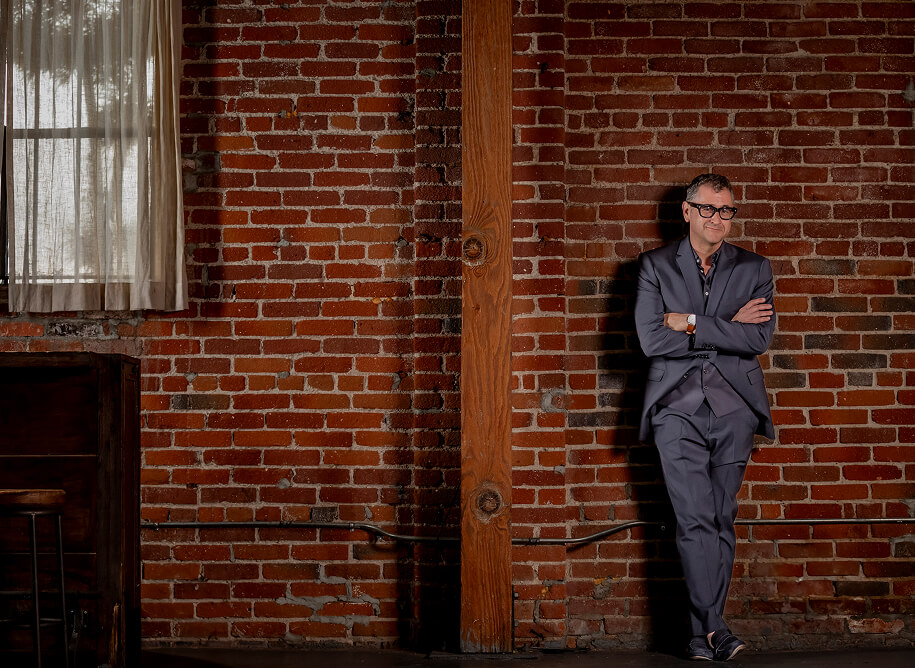In mediation and complex disputes, perspective is everything. When a professional has advocated for Fortune 500 corporations one day and safeguarded a small entrepreneur’s interests the next, they develop an instinct for understanding the subtle motivations behind each party’s stance. David Shraga exemplifies this range, having built his career on litigating high-stakes cases and later serving in-house as both a deal-maker and an executive.
Why does this breadth of experience matter? Because a truly effective mediator can anticipate the lens through which each party views the dispute. Knowing both the pressure points of large corporations and the singular resolve of an individual founder allows for more empathetic, outcome-driven settlements. By stepping into multiple roles at the negotiation table, a neutral learns how to bridge the gap between big-picture business concerns and personal priorities that can derail compromise.
This holistic understanding helps dismantle the barriers that often stall progress. It fosters a respectful environment where every party feels that their perspectives, not just their problems, are genuinely recognized. In a field built on the art of resolution, the ability to inhabit multiple viewpoints isn’t just an asset—it’s the key to ensuring that every side finds a fair, sustainable path forward.



